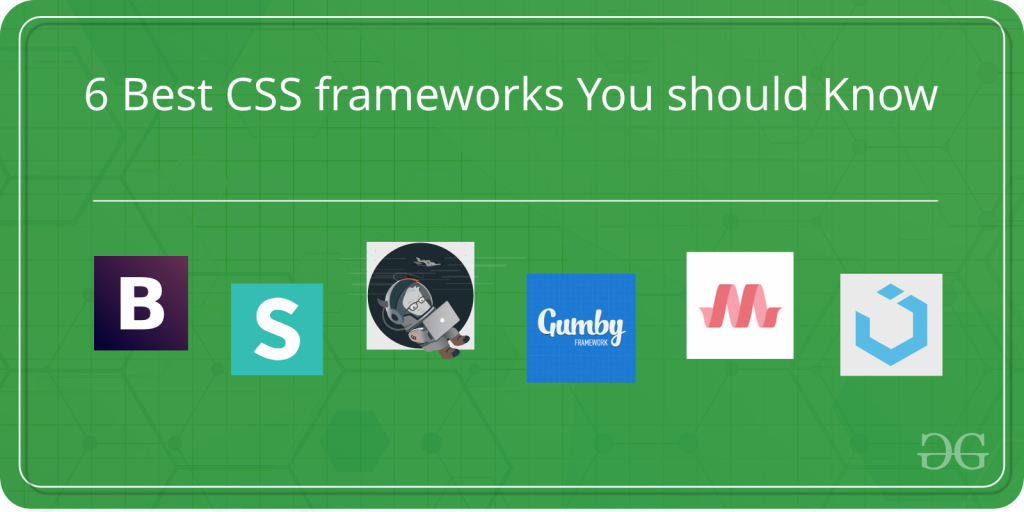Pulse of Information
Stay updated with the latest news and insights.
Frameworks That Make Your Designs Dance
Discover frameworks that bring your designs to life! Unleash creativity and elevate your projects with our expert tips and insights.
5 Frameworks to Transform Your Design Process
In today's fast-paced design environment, adopting the right frameworks can significantly enhance your design process. Frameworks provide structured methodologies that guide designers through complex projects, ensuring efficiency and creativity go hand in hand. Here are 5 frameworks that can transform your design approach and help you achieve better results:
- Double Diamond: This framework emphasizes exploration and iteration, breaking the design process into four phases: Discover, Define, Develop, and Deliver. By following this model, designers can systematically refine their ideas, resulting in innovative solutions.
- User-Centered Design: At its core, this approach prioritizes the needs and experiences of users. Designers engage with users throughout the process to gather feedback and make informed decisions, leading to more intuitive designs.
- Design Thinking: This iterative process focuses on understanding the user, redefining problems, and creating innovative solutions to prototype and test. It's a flexible framework that encourages creative problem-solving.
- Lean UX: This framework is ideal for teams focused on creating products efficiently. It integrates user feedback early and often, minimizing waste and ensuring that design decisions are informed and purposeful.
- Agile Design: By combining Agile methodologies with design, teams can respond quickly to changes and iterate designs based on ongoing user input. This approach streamlines collaboration and enhances adaptability.
Implementing these 5 frameworks can revolutionize your design process, making it more organized and user-focused. Whether you choose one or adopt a hybrid approach, the key is to ensure that your design efforts remain aligned with user needs and project goals, ultimately leading to successful outcomes.

How to Choose the Right Design Framework for Your Projects
Choosing the right design framework for your projects can significantly impact your workflow and the overall success of your outcomes. First, consider the project requirements. This involves understanding the goals, timeline, and complexity of your project. For instance, a lightweight framework might be suitable for a simple website, while a more robust option could be necessary for a large-scale application. Additionally, take into account the learning curve associated with different frameworks; opting for one that aligns with your team's expertise can greatly enhance productivity.
Next, assess the community support and documentation available for the framework. A well-supported framework not only provides valuable resources but also ensures that you can find solutions to common challenges quickly. Look for frameworks that have a strong user base and active development as they tend to receive regular updates and improvements. To summarize, the right design framework should meet your project needs, align with your team's skills, and offer robust support for long-term success.
Exploring the Benefits of Frameworks in Modern Design Workflows
In the rapidly evolving world of design, frameworks have emerged as invaluable tools that streamline modern workflows. By adopting a structured approach to design, professionals can enhance efficiency and foster creativity. Leveraging frameworks allows designers to easily manage complex projects, as they offer predefined conventions and components that can be customized to meet specific needs. This means less time spent on repetitive tasks and more time dedicated to innovation and creating unique user experiences.
Moreover, the use of frameworks promotes collaboration among team members by providing a common language and set of standards. This is particularly advantageous in multidisciplinary teams, where designers, developers, and project managers need to communicate effectively. When everyone adheres to a shared framework, it minimizes misunderstandings and ensures that all contributors are aligned with the project's vision. Ultimately, embracing frameworks not only enhances individual productivity but also boosts overall team performance, leading to successful design outcomes.